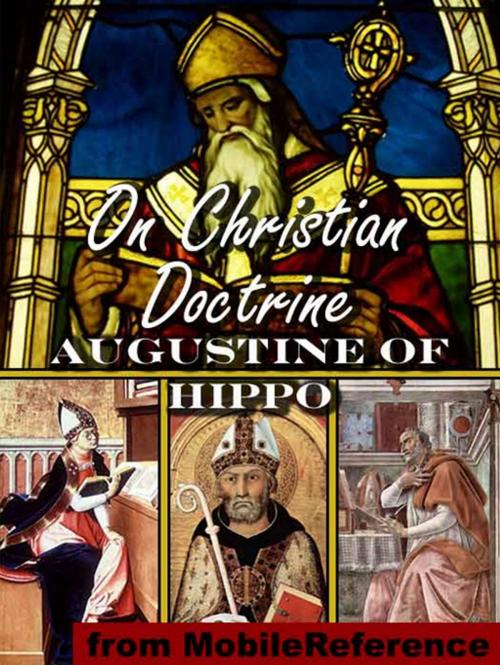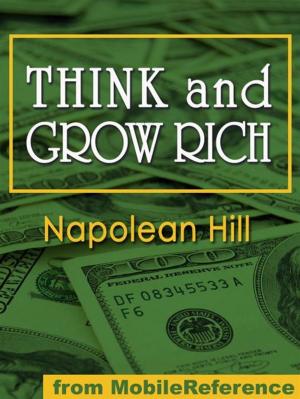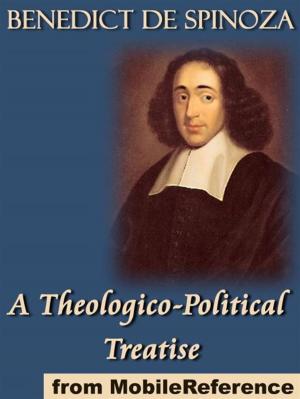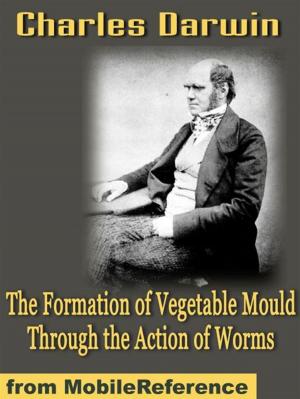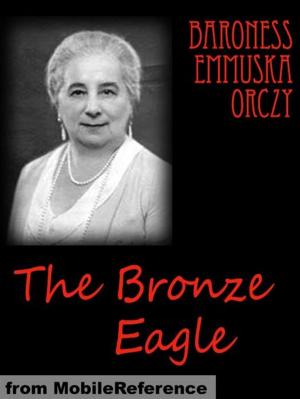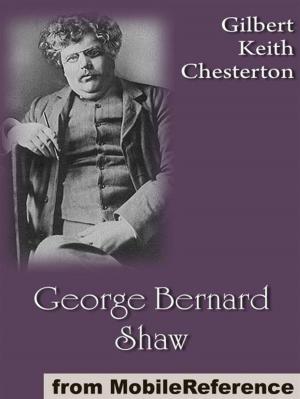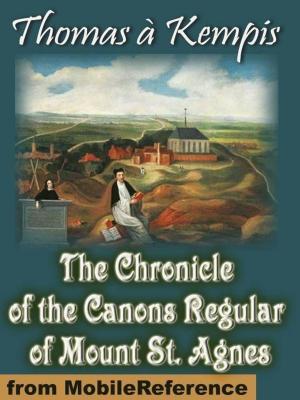On Christian Doctrine (De Doctrina Christiana) (Mobi Classics)
Nonfiction, Religion & Spirituality, Christianity, General Christianity, Theology, Philosophy| Author: | Augustine of Hippo, Rev. Professor J. F. Shaw (Translator) | ISBN: | 9781607782889 |
| Publisher: | MobileReference | Publication: | January 1, 2010 |
| Imprint: | MobileReference | Language: | English |
| Author: | Augustine of Hippo, Rev. Professor J. F. Shaw (Translator) |
| ISBN: | 9781607782889 |
| Publisher: | MobileReference |
| Publication: | January 1, 2010 |
| Imprint: | MobileReference |
| Language: | English |
On Christian Doctrine (Latin: De Doctrina Christiana) is the primary theological text written by St. Augustine of Hippo. It consists of four books that describe how to interpret and teach the Scriptures. The first three of these books were published in 397 and the fourth added in 426. By writing this text, St. Augustine set three tasks on Christian teachers and preachers: to discover the truth in the contents of the Scriptures, to teach the truth from the Scriptures, and to defend scriptural truth when it was attacked.Starting in 389 A.D., the powerful application of faith to politics led Emperor Theodosius to issue a series of edicts against paganism that concluded in 391 with a law making pagan worship illegal. During the Golden Age of Athens, politics and manmade laws guided human conduct, and the city state was viewed as a manifestation of the highest human values, giving rise to political philosophy. Christianity effected a reversal that changed the course of Western society. It focused on the individual and his relationship to God, reverting to a mythico-poetic world view that required a new cultural identity and a new educational curriculum. With this aim in mind, Emperor Justinian (483-565 A.D.) cut off all state funding to chairs of rhetoric, essentially bringing the classical tradition to a close. Excerpted from Wikipedia, the free encyclopedia.
On Christian Doctrine (Latin: De Doctrina Christiana) is the primary theological text written by St. Augustine of Hippo. It consists of four books that describe how to interpret and teach the Scriptures. The first three of these books were published in 397 and the fourth added in 426. By writing this text, St. Augustine set three tasks on Christian teachers and preachers: to discover the truth in the contents of the Scriptures, to teach the truth from the Scriptures, and to defend scriptural truth when it was attacked.Starting in 389 A.D., the powerful application of faith to politics led Emperor Theodosius to issue a series of edicts against paganism that concluded in 391 with a law making pagan worship illegal. During the Golden Age of Athens, politics and manmade laws guided human conduct, and the city state was viewed as a manifestation of the highest human values, giving rise to political philosophy. Christianity effected a reversal that changed the course of Western society. It focused on the individual and his relationship to God, reverting to a mythico-poetic world view that required a new cultural identity and a new educational curriculum. With this aim in mind, Emperor Justinian (483-565 A.D.) cut off all state funding to chairs of rhetoric, essentially bringing the classical tradition to a close. Excerpted from Wikipedia, the free encyclopedia.
